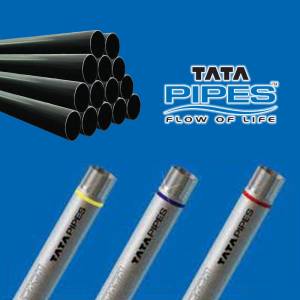
Piping systems are the crucial arteries of countless industries, facilitating the safe and efficient transport of liquids, gases, and slurries. This comprehensive guide explores the diverse applications of piping systems across various sectors, highlighting their design considerations and material selection.
A. Oil & Gas:
B. Chemical Processing:
C. Power Generation:
D. Water & Wastewater Treatment:
E. Food & Beverage:
F. HVAC (Heating, Ventilation, and Air Conditioning):
Piping systems are indispensable components in a vast array of industries. Their design, material selection, and installation require specialized knowledge and expertise to ensure safe, reliable, and efficient operation. Understanding the specific application requirements is crucial for creating a system that meets performance goals and regulatory standards.